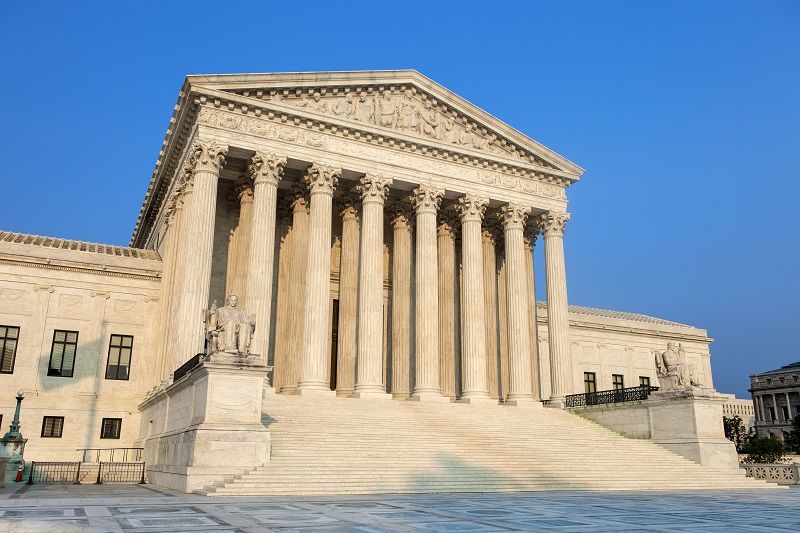“You cannot fight for something you don’t believe in,” says the wife of General Enrique Gorostieta, the reluctant hero of the 2012 film For Greater Glory. “I may have issues with the Church,” her husband replies, “but I believe in religious freedom.”
Nearly 100,000 people were killed in Mexico in a 20th century conflict few Americans have heard of. The last known living veteran of this largely forgotten war for religious freedom, Juan Daniel Macías Villegas, just passed away last month at the age of 103.
For Greater Glory captures the spirit of the Cristero War (1926-1929), depicting the conflict through the eyes of an agnostic retired general (Andy Garcia) who leads a popular uprising against the dictatorial Calles regime.
The back-story to the film is President Plutarco Calles’s draconian enforcement of Mexico’s 1917 Constitution. The constitution gave the federal government full power to regulate or suppress religion, to control the number and activities of clergy, and to ban religious schools and instruction. By implementing the “anticlerical articles,” Calles intended to neutralize the influence of Catholicism on Mexican society and to prevent opposition to his social agendas. After all churches were closed in 1926, a popular rebellion―the “Cristiada”―began.
What happened in Mexico throughout the 20th century is a warning that loss of freedom has dire consequences. By the time they come to light, it’s usually too late to undo the damage. The Cristero War eventually forced the government to reopen the churches; but Mexico’s anticlerical laws, including the ban on worship outside a church and wearing religious garb, remained on the books until 1992. (Pope John Paul II’s outdoor Masses in 1979 and 1990 were technically illegal.)
Today, many younger Mexicans are unaware that citizens ever took up arms against the Calles regime to fight for freedom to practice their faith openly. “In public school they didn’t teach that,” said actor Eduardo Verástegui in publicity interviews.
The lush cinematography of For Greater Glory―combined with a musical score by the late James Horner (Braveheart, Titanic)―captures the beauty of Old Mexico and the soul of Hispanic America. People of faith may identify with the film from the opening line to the closing photographic montage. But one need not be religious to be moved by the human cost of totalitarianism or to be deeply troubled by a government that outlaws prayer and fires on statues of Christ.
In the United States, our separation of powers under the Constitution is designed to protect citizens from fast-rising dictatorships, sweeping constitutional changes, suspension of civil rights, and armed conflict to settle differences. Mexico’s tragedies remind us of the importance of the rule of law, of vigilance in defending freedom, and of not taking for granted what we have.











